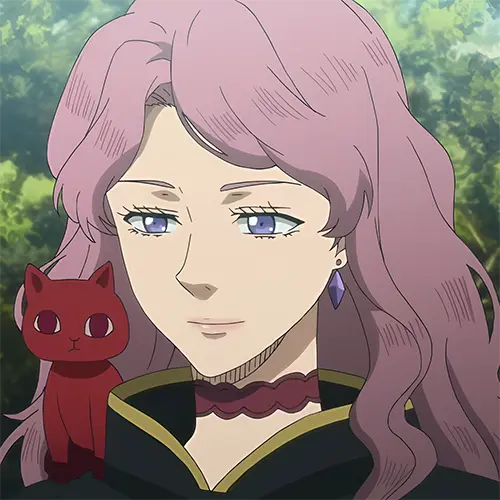Region
| Country | Comics | Animation |
|---|---|---|
| Japan | Manga | Anime |
| Korea | Manhwa | Aeni |
| China | Manhua | Donghua |
Demography
| Genre | Age range | Target audience |
|---|---|---|
| Kodomo | under 12 | Kids |
| Shounen | 12-18 | Boys |
| Shoujo | Girls | |
| Seinen | 19-40+ | Men |
| Josei | Women |
Demography refers to the target audience for a work. While studios / publisher market content toward this group, it can still appeal to multiple demographics, as many anime and manga include elements for a broad audience.
Extra
Click here to browse popular manga magazines by genre.
Genre
| Genre | Description |
|---|---|
| Ecchi | Anime or manga with lewd scenes but is not necessarily explicit or pornographic. Example: High School DxD |
| Isekai | Type of story where MC is transported to another world. Example: Mushoku Tensei |
| Mahou Shoujo | Literally 'Magical Girl', subgenre of fantasy centered around young girls with magical abilities. Example: Sailor Moon |
| Mecha | Abbreviation for 'Mechanical', shows heavily feature or focus on mechanical innovation. Example: Neon Genesis Evangelion |
| Shoujo-ai | Anime and manga exploring emotional, platonic, homoerotic relationships between women. Note: Explicit content is generally referred to as 'Yuri' or 'GL'. |
| Shounen-ai | Anime and manga exploring emotional, platonic, homoerotic relationships between men. Note: Explicit content is generally referred to as 'Yaoi' or 'BL'. |
| Slice of Life | Shows that focus on the day-to-day lives of fictional characters, offering chill experiences. Example: Nichijou |
| Wuxia | Literally means “Martial Heroes”. Fictional stories about humans with supernatural fighting ability. Themes of chivalry, tragedy, revenge & romance are common. |
Terms
| Terms | Meaning |
|---|---|
| Ahoge | Literally 'Stupid Hair'. refers to a strand of hair that springs upwards from the character's head. Example: Izumi Konata |
| Baka | Stupid. |
| Chibi | Literally "Small/Short". In real life it can be insulting but in anime it's used for cutesy style. Example: Doma Umaru |
| Chuunibyou | It's not possible to make a justified explanation without oversimplifying things. So, read this post instead. |
| Doujinka / Doujinshika | Doujinka is the creator of doujinshi and is a member of a doujin circle. |
| Doujinshi | Doujinshi refers to self-published works, which can be original creations or fan fictions, such as manga, novels, artworks, music, and games. |
| Ecchi | Lewd. |
| Fujoshi | 'Rotten Girl'. Refers to a girl that fantasizes about guys being in a relationship with other guys, shipping male characters with other male characters in manga and anime. |
| Fudanshi | 'Rotten Boy', the male equivalent of a fujoshi. |
| Gijinka | A type of fan-art or cosplay in which a non-human character is depicted in a human-like way (akin to personification) |
| Gravure idol | Gravure idols are models who pose in provocative swimsuit and lingerie photographs in magazines and photo books marketed towards teens (often in shonen magazine), men, similar to pin-up models. |
| Gyaru | English slang equivalent of "Gal". It refers to a subculture and fashion style in Japan where girls wear dramatic tan makeup, sport big hair, and embrace 2000s fashion trends. Example: Kitagawa Marin |
| Hentai | A term literally meaning pervert that is also used as a synonym for both animated and drawn pornography |
| Hikikomori | Shut-ins, people who have cut themselves off from society and don't leave their homes, or even their rooms in the most extreme cases. The word Hikikomori can be used both for the phenomenon and the recluses themselves. |
| JK | "Joshi Kousei". Meaning high-school girl. |
| Kaiju | Giant monsters. It can be mentioned as a genre too. |
| Kawaii | Adorable. |
| Kouhai | Junior. Can be in a workplace or school. |
| Loli | Young or young-looking girl in anime and manga. |
| Moe | The feeling of emotional attraction when you see something cute in manga, anime or other weeb stuff. These are SFW and can be any gender. |
| Nakama | Literally "Comrade". Popularized by the series 'One Piece', it is nowadays used for a group of people who are closer than family. |
| Seiso | "Seiso" (清楚) refers to a particular aesthetic of purity and cleanliness that is often emphasized in the presentation of female idols. This can involve elements such as modest clothing, subtle makeup, and a generally wholesome image. |
| Senpai / Sempai | Senior. Can be in a workplace or school. |
| Sensei | Generally Teacher. But this can also be used to address someone who is a respected professional or very senior in the position. |
| Shikishi | It is a high-quality art board mainly used for calligraphy and painting. Due to its exceptional quality, it is often utilized for collecting autographs featuring both simple and highly detailed artwork. Additionally, it is sometimes used as a promotional material for the show. Examples of shikishi. |
| Shota | Young or young-looking boy in anime and manga. |
| Tokusatsu | Literally "Special effects". This term can be applied to movies and tv shows with superheroes with a recognizable style of special effects. Examples of Tokusatsu |
| Trap | A word used in the anime community to refer to a person who looks the opposite gender. Most commonly used for male characters who look female. Example: Urushibara Ruka from Steins; Gate |
| Yamato Nadeshiko | A Japanese term used to describe an ideal Japanese woman. They are the epitome of pure, feminine beauty. |
| Zettai Ryouiki | Translates to 'Absolute Territory'. Refers to the space of bare thighs between the skirt and above knee-length socks. |
More words
More terms can be found in Wikipedia, pixiv Encyclopedia & Fandom.
Common Honorifics
| Terms | Meaning |
|---|---|
| -san | It is used after a person's name to show respect. It is equivalent to 'Mr.', 'Mrs.', or 'Miss' in English. |
| -sama | Formal version of -san, used to address a person of higher rank/importance, also commonly used by employees when addressing customers. |
| -kun | Used most often when referring to boys, this indicates affection or familiarity. Although it may occasionally be used by older men within their social circle, it can also be employed by anyone in reference to someone of lower status. |
| -chan | An affectionate honorific indicating familiarity used mostly in reference to girls; it is also used in reference to cute people or animals of either gender. |
| -chin | Cutesy way of saying chan among girls. Can be sarcastic sometimes, depending on the context. |
| -tan | Generally used for childish-talk among girls. It's also used in romantic talk (in private scenario), adding moe-vibe in their conversations or in a bar where hostess address themselves as -tan. |
| -(o)nii-chan | A familiar, somewhat childish way to refer to one’s older brother. |
| -(o)nee-chan | A familiar, somewhat childish way to refer to one's older sister. |
| -senpai | It is used to address upperclassmen or more experienced coworkers. |
| -sensei | A respectful term for teachers, artists, or high-level professionals. |
| No honorific | Indicates familiarity or closeness; if used without permission or reason, addressing someone in this manner would constitute as an insult. |
More words
If you want to mention a family member in a formal way, here is the guide.
Doujin Basics
| Terms | Meaning |
|---|---|
| Doujinshi | Doujinshi refers to self-published works, which can be original creations or fan fictions, such as manga, novels, artworks, music, and games. |
| Doujinka / Doujinshika | Doujinka is the creator of doujinshi and is a member of a doujin circle. |
| Doujin | 'Doujin' refers to a group of people who share a common interest. |
| Circle | The term 'circle' refers to the group that releases doujinshi, the circle may consist of a group of people or a single individual. |
Idol / VTuber terms
| Terms | Meaning |
|---|---|
| Idol | Idols are live entertainers who are expected to be 'Seiso' or pure, meaning they do not engage in romantic relationships. Their primary goal is to entertain their fans. Idol culture is particularly popular in Asia, especially Japan and Korea. Idols are usually local, but occasionally, they can be foreigners too. However, the idol culture can be dark and questionable, despite being portrayed as glamorous in anime and manga. Idol groups can be a girls or boys group. Example: AKB48. Nowadays, VTuber groups such as Hololive are managed as an idol group. |
| VTuber | A content creator, typically a streamer, who utilizes a 2D or 3D avatar instead of appearing as themselves. However, it is becoming increasingly common for VTubers to reveal themselves on social media or during streams. This often depends on the policies of the managing agency. |
| Oshi | One's favourite idol. Also known as bias. |
| Gachikoi / Riako | The fan himself. It's generally used when the affection is on a serious level. |
| Kamioshi | If someone has more than one oshi, then his/her most favourite oshi is known as kamioshi. |
| DD / Daredemo Daisuki | Literally means "I like everyone". Used when one likes everyone in the idol group. |
| Chika Idol | Underground Idol. |
| Corpo / Corporate VTuber | A VTuber under contract with an agency is known as a corporate VTuber. |
| Indie / Independent VTuber | If she/he is not under any sort of contract. |
| Oshi Mark | It's used to indicate an idol or VTuber. It can be based by their name, their VTuber model, inside joke or just random. For example, Hoshimachi Suisei's oshi mark is . It's because the term "Suisei (彗星)" means comet. Ninomae Ina'nis's because of her model. |
| Graduation | When an idol or VTuber bids farewell to their fans. This can happen for various reasons, such as a change in goals, lack of progress, or management issues. Graduation is generally viewed positively. However, if the idol or VTuber breaks any rules, depending on the severity, they may be terminated from the group, which is viewed much more negatively. Many corporate VTubers return to their past persona or adopt a new model to stream again, either as an indie or with a different corporation. |
| PL / Past life | Refers to a VTuber's previous streaming activities, which can include another VTubing account or IRL streaming. Generally, discussing a VTuber's past life on stream or in servers is not appreciated, although there are exceptions." |
Kemonomimi
"Kemonomimi" means "animal ears." They are human-like characters who possess animal features such as ears, tails etc. Example: Toukai Teiou from Uma Musume
| Types | Meaning |
|---|---|
| Inumimi | Dog ears |
| Kitsunemimi | Fox ears |
| Nekomimi | Cat ears |
| Nezumimi | Mouse ears |
| Umamimi | Horse ears |
| Usagimimi | Rabbit ears |
| Ryumimi | Dragon ears |
Dere Types
Words used to describe anime girls based on their personality.
Bakadere
As clear by the word "baka", these character(s) are literally idiots, clumsy, and do things that are questionable, but due to their child-like innocence and optimism, they are kind-hearted to other characters, even though they may not realize that, and are very annoying to a protagonist. Example: Hanabatake Yoshiko from Aho-Girl

Byoukidere
'Byouki' means illness, so these character(s) usually have some kind of physical disease, often fatal. They are mostly confined to a wheelchair or a hospital room. Generally, they are kind, caring and sweet in nature. Example: Miyazono Kaori from Shigatsu wa Kimi no Uso
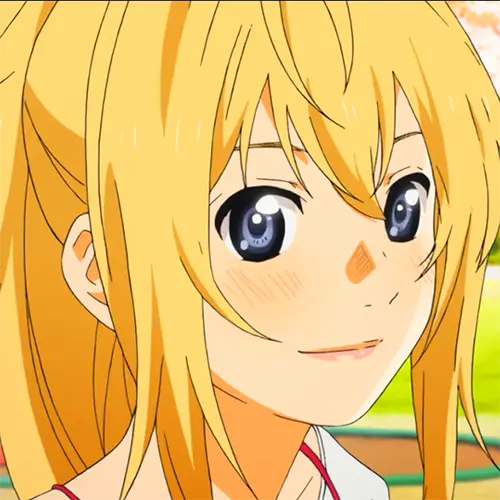
Dandere
Introverted character(s) that are shy, quiet, and asocial, they don't like to get involved in conflicts, but their affection is shown when they are alone or with a small group of people that they love and care. Example: Komi Shouko from Komi-san wa, Komyushou Desu.
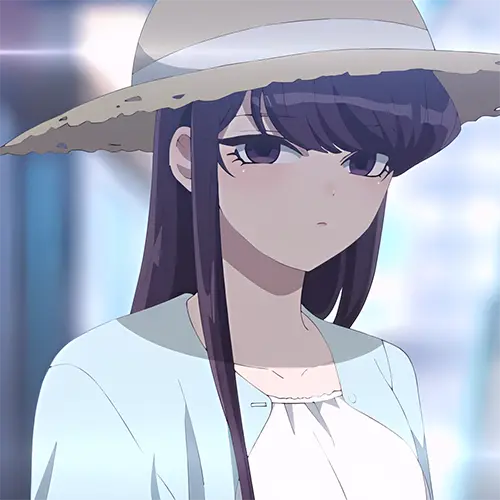
Deredere
'Dere' means love, so a deredere character is all about being lovey-dovey. These character(s) are sweet, kind and very affectionate towards the person they love, while also being generally friendly towards other characters. Example: Miia from Monster Musume
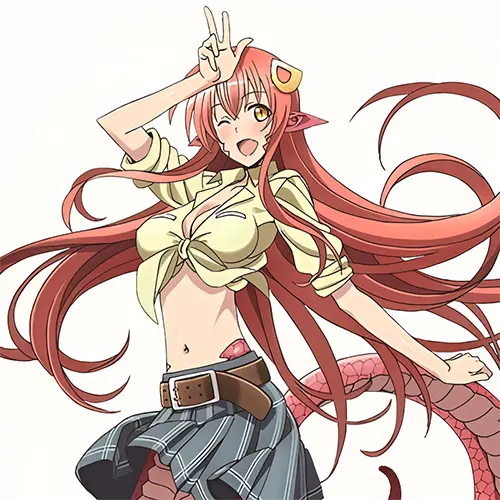
| Terms | Meaning |
|---|---|
| Oujodere | A lady-like (as denoted with "oujo") version of deredere, that is more mature, calm and collected, typically they have a strict-nature on the outside, but are sweet on the inside. Prefer to share less about their crush, but is always pleased to help their crush and others, even in tough times. Example: Hanekawa Tsubasa from Bakemonogatari |
| Megadere | Think of it like mega-deredere. An extreme version of deredere, that has an abnormal-obsession with their crush and are not afraid to show it to their crush. Example: Tachibana Marika from Nisekoi |
Goudere
Over-achieving character(s) that are loyal to their masters, they view their masters as their savior and grace, so they do anything to their ability to keep them happy, and can also involve other characters as a means to contribute to their happiness, even though their master doesn't ask for that. Example: Tooru from Miss Kobayashi's Dragon Maid
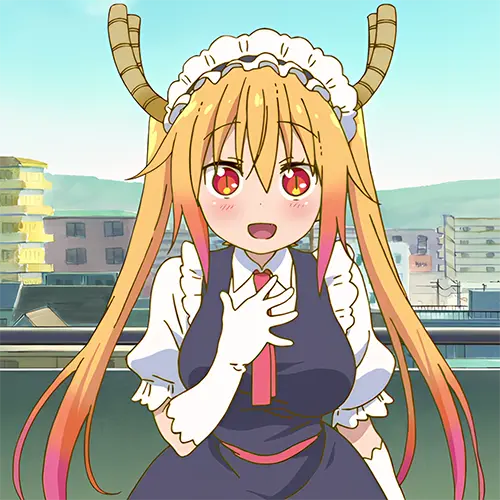
Hajidere
Character(s) that aren't nervous and embarrassed with others, but on the contrary, are when they are around their crush. Example: Boa Hancok from One Piece
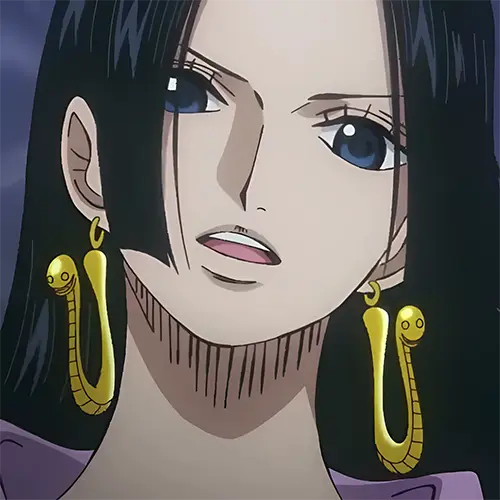
Himedere/Oujidere/Kamidere
| Terms | Meaning |
|---|---|
| Himedere | Hime means princess. It's a character who wishes to be treated like a princess or a queen by the person she loves, even if she is not actual royalty. Example: Nakiri Erina from Food Wars |
| Oujidere | Ouji means prince. It's the male counterpart. Example: Lelouch Lamperouge from Code Geass |
| Kamidere | Kami means god. It's the same concept but taken to the extreme. Example: Kiryuuin Satsuki from Kill la Kill |
Hinedere
A Character(s) who has cynical world views, is cold-hearted, and is highly arrogant. They will get easily annoyed by other people, including their love interest at first. Example:Annie Leonhart from Attack on Titan
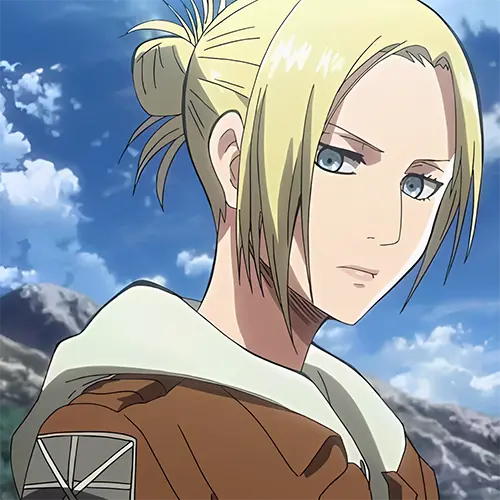
Hiyakasudere
'Hiyakasu' means 'to tease'. They are character(s) who likes to tease others and sometimes flirt with those they like. They will act really seductively in front of other people and will tease those that get embarrassed easily by their actions and words, possibly the love interest. Example: Holo from Spice & Wolf
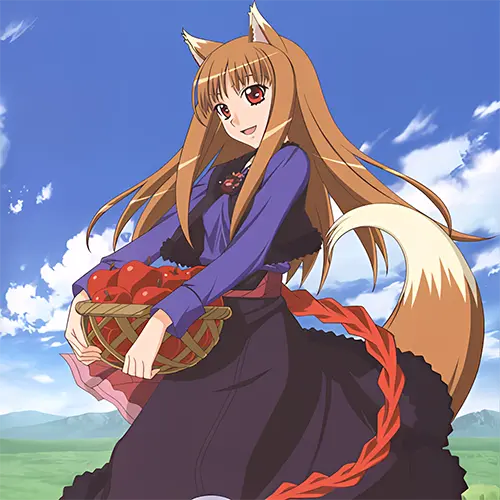
Kanedere
'Kane' means money. They are the anime equivalent of gold diggers. They often just care about how much money a person has, and nothing else. However, if they truly love someone, the habit can be broken. Example: Eva Heinemann from Monster
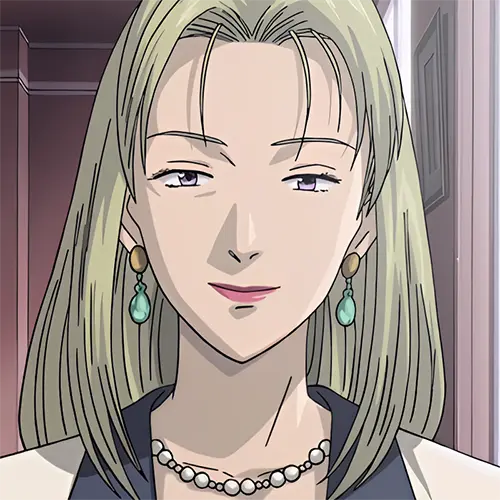
Mayadere
A character(s) who used to be an antagonist or villain of the series but switched sides after falling in love or becoming fond of another character. Example: Esdeath from Akame ga Kill!
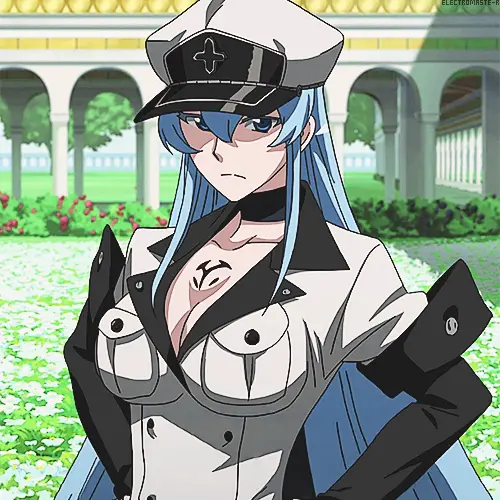
Nemuidere
Character(s) that are sleepy - they sleep with or without an intent to do so, they will also try to get as much sleep as they can. Accompanied by those qualities they may also be lazy (which in this case they'd be both a nemuidere and darudere), so they need motivation from others to do something, but they are usually very smart and artsy when they are too much of a sleepyhead. Example: Princess Syalis from Sleepy Princess in the Demon Castle
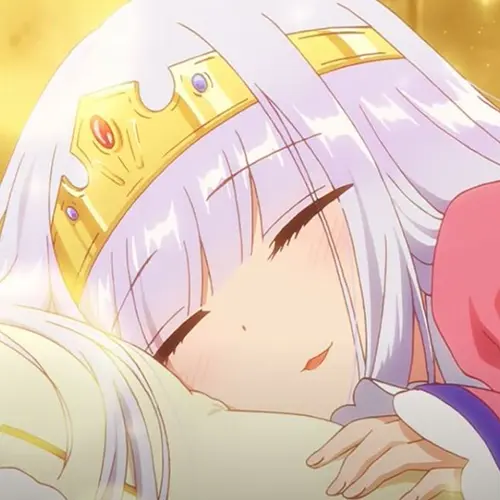
| Terms | Meaning |
|---|---|
| Darudere | Similar to Nemuidere, but the difference is that where 'Nemui' means sleepy, 'Daru' means sluggish, they are very lazy and sluggish and unlike Nemuidere, they will only do things for people they care for and complain about it through the process of doing something, otherwise they are just dull and lazy to others. Example: Doma Umaru from Himouto! Umaru-chan |
tl;dr: Nemui are sleepy characters, where as daru is lazy.
Nyandere
Character(s) that are cat-loving fanatics, it could come in several variations: - They are a nekomimi themselves and just have a lot dere for cats - A regular human that is normal or show no emotion to others, but show their nyandere side when around cats, portrayed through showing imaginary cat ears and paws
Example: Mizuno Kaede from Nyan Koi!
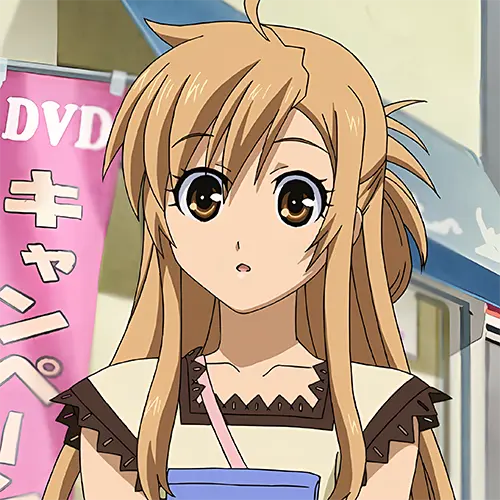
Sadodere
Character(s) that indulge in the manipulation of their crush's feelings and humiliating them. They are cold, violent and merciless to others, hence making them difficult to connect with others. They are also sadistic due to finding joy in inflicting pain on their crush. Example: Nagatoro from Don`t Toy with Me, Miss Nagatoro
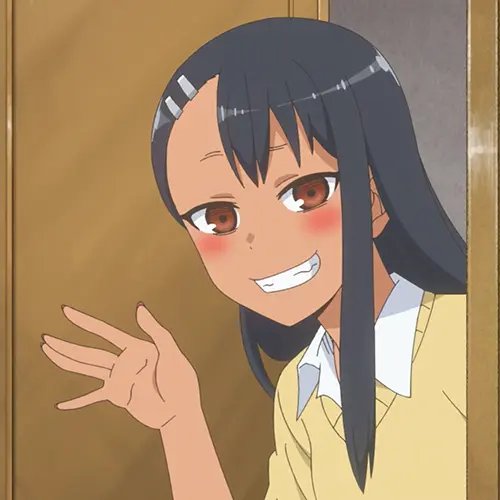
| Terms | Meaning |
|---|---|
| Masodere | Character(s) that enjoy humiliating themselves, they compliment sadodere, so when combined together they are called Sadomasodere. Example: Darkness from Konosuba |
Kekkondere
Character(s) type that is obsessed with getting married right away, even if it's someone they just met, in other words love at first sight, Their insistence on getting married comes from wanting to spend the rest of their life with their love interest, it could get to the point where it becomes unhealthy, where they may turn into yanderes! Example: Fujinomiya Neko from Masamune-kun no Revenge

Kuudere
Character(s) who are always calm and collected, especially in the most stressful of situations. They never panic and usually analyze and think through things til' they solve the problem, it's rare for them to show affection or emotion to others in varying situations, however they could be hiding how they actually feel deep down. Example: Hishiro Chizuru from ReLife
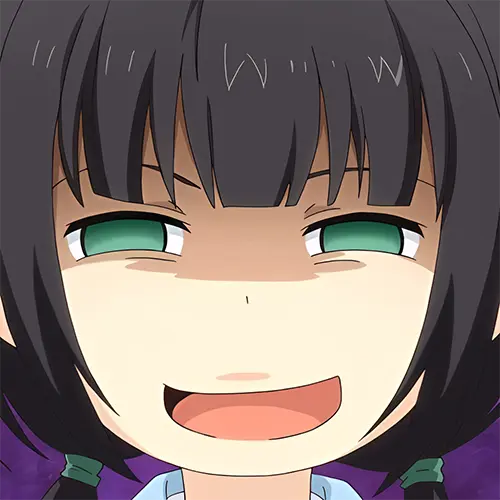
| Terms | Meaning |
|---|---|
| Shundere | Shundere is an extreme version kuudere version, where they are emotionless all the time due to sadness or depression. They choose to lock themselves away from others and fully hide their emotions more than the Kuudere. Example: Kuroki Tomoko from Watashi ga Motenai no wa Dou Kangaete mo Omaera ga Warui! |
Tsundere
Character(s) that show coldness and hostility on the outside, but have a heart of gold on the inside. Due to their prideful character, they tend to act mean to their love interest as a means to hide how they actually feel, because they don't want to hurt their pride, so they are not honest with themselves.
| Types | Meaning |
|---|---|
| Type A: TsunTsun | Harsh by default. Only someone close will be able to bring out their soft side. They can't seem to control their temper and will lash out for any reason. Example: Taiga Aisaka from Toradora! |
| Type B: DereDere | Sweet by default. Their Tsun side comes out when they get embarrassed. Feelings of awkwardness around feelings and convos about love, overprotective of their partner, this can result in a lash out if their love interest or their relationship is threatened. Example: Makise Kurisu from Steins;Gate |
There are several variations of the Tsundere types, which you can check out here
Yandere
Character(s) whose love and devotion are so strong that they become excessively obsessive and possessive. They are depicted as becoming crazy after falling in love, capable of doing any number of immoral things if it means being able to get closer with their love interest. Also, if they ever think they can't be with their love interest or that he is cheating on her, they'd rather kill him and then herself rather than letting him be with someone else. Example: Yuno Gasai from Mirai Nikki
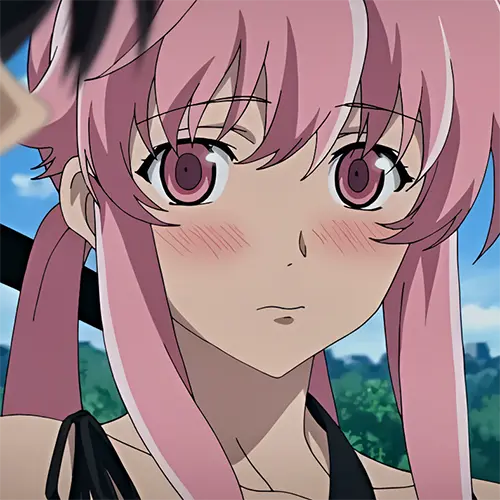
Yottadere
Character(s) that can never stop having alcohol, they usually will always have alcohol with them, and they are usually sober when they are with someone they love. They can also have different personality types, from someone serious and passionate - to someone wild and brute. Example: Vanessa Enoteca from Black Clover
